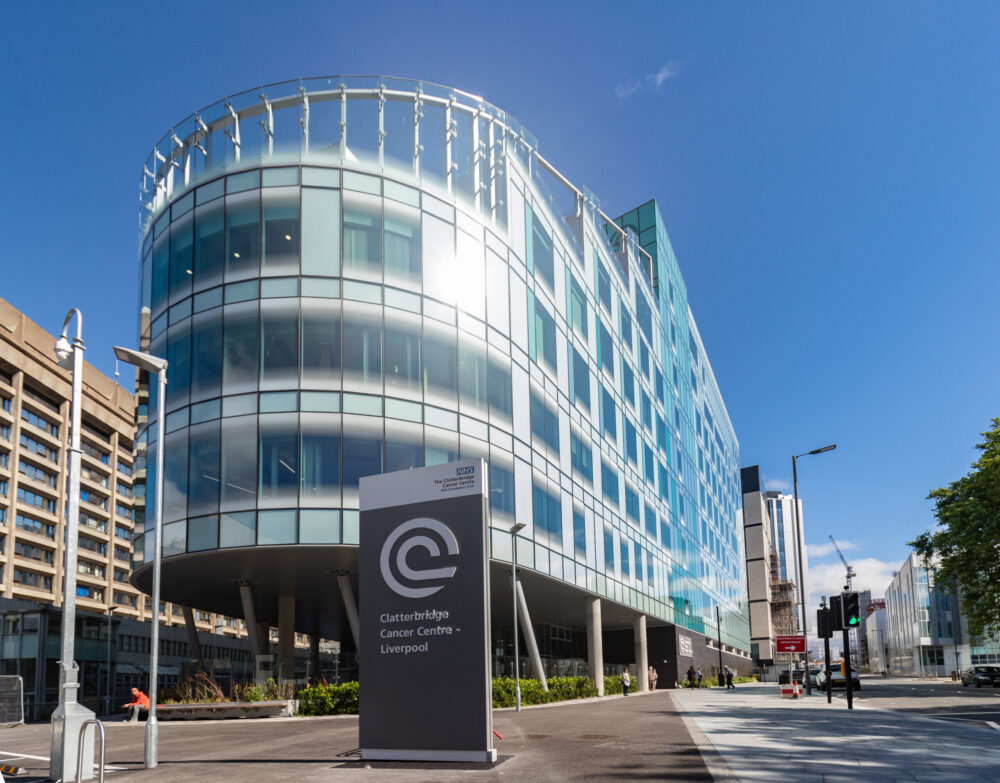
NHS
NHS is calling on people to join its Stem Cell Donor Registry
1 year ago
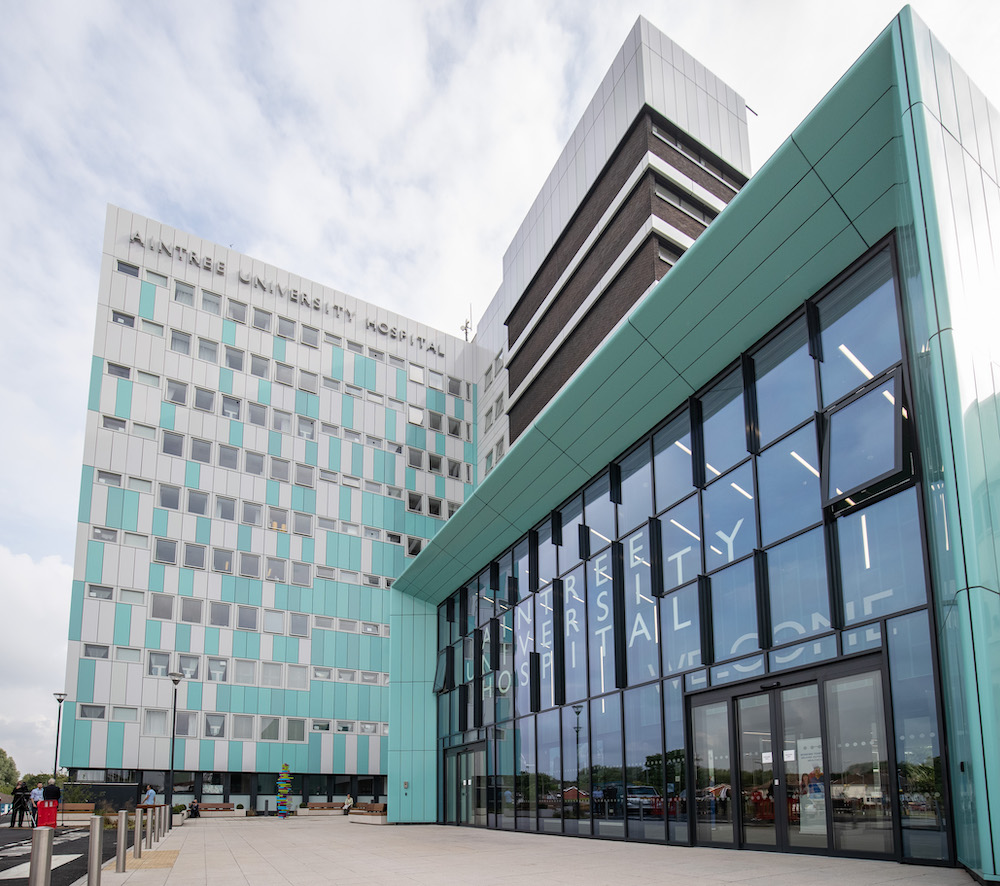
NHS Blood and Transplant is calling on people to join its Stem Cell Donor Registry ahead of Stem Cell Awareness Day (October 9), as it reveals, as part of a new campaign, that it now needs one person to sign up every 20 minutes to increase the odds of finding a lifesaving stem cell donor for every patient who needs one.
An increased number of around 30,000 new signups are now needed each year to boost the number of UK donors, to find matches for the steadily rising number of stem cell transplants taking place in the UK every year and to reduce the reliance on expensive stem cell imports. Importing stem cells from abroad costs the NHS typically 50% to 100% more than collecting them from UK donors.
The joining criteria has also changed to help boost recruitment, to now include all women aged 17-40 (2). The register previously only accepted men aged 17-40 and women within the same age range who are of Asian or Black heritage or other mixed ethnicity.
The change has been made because growing evidence has shown that age, rather than sex, is a more significant factor in the health and efficacy of stem cells. Younger donors see better transplant outcomes (3).
Seventy two percent of the donations that are actually taken come from people aged under 40, due to the better chance of success. However, of the 400,000 people on the NHS Stem Cell Donor Registry, only 35% are under 40 (4), with the average age of those on the register increasing every year and currently at 43.8 years, leading to a call for people under this age to join the register and increase the pool of potential donors in the UK.
Stem cell transplants are used to treat a number of diseases, including some forms of leukaemia and for many people they are the only chance of a cure. Stem cells can be found in the bone marrow – a soft, spongy tissue at the centre of certain bones – and can produce all essential blood cells, including red and white cells and platelets.
For a successful stem cell transplant, both donor and recipient need matching tissue types – known as human leukocyte antigen (HLA) type – and patients are more likely to match with donors of a similar ethnic heritage. Patients of Asian and Black heritage, or from other mixed ethnicities are underrepresented on the register and are less likely to find a life-saving match, which is why women from these backgrounds have been able to sign up to the NHS Stem Cell Donor Registry before now.
When a patient needs a stem cell transplant, a global register of potential donors is searched, to find a registrant with matching tissue types. The odds of finding a match are significantly increased as more people sign up to the various global registers.
Frank Goodman, 77, a retired lorry driver from Preston, received a stem cell transplant at the Manchester Royal Infirmary eight years ago, to treat Acute Myeloid Leukaemia. He was told that without treatment, he would have a life expectancy of around six months.
He says:
“Stem cell donation isn’t something that’s very well-known but it is something extremely important for those of us who have needed one or will need one – and for our families, too. It’s emotional knowing that but for the generosity of a stranger, I wouldn’t be here today and I wouldn’t be able to see my children and grandchildren grow up. I’m one of the lucky ones who had a match on the register, but not everyone gets that chance.
“I really do encourage as many people as possible to sign up to the register – you never know whose life you might save.”
Natasha Smith, 28, a nail technician and mum of three from Barnsley, recently signed up to the register. She says:
“I’ve been interested in registering as a potential stem cell donor for a while, so when I approached about joining while I was giving blood, I did so right away. I’m thrilled that I’m now eligible and can add my name to the many already on the register, in the hope I can help to save or significantly improve somebody’s life. It would be a special thing to be somebody’s perfect match.”
Guy Parkes, Head of Stem Cell Donation and Transplantation at NHS Blood and Transplant, said:
“We’ve launched this ambitious new campaign target, asking 30,000 people to join our stem cell register this year, to help find a match for the increasing number of people needing stem cell transplants every year and to reduce the country’s reliance on seeking donors from abroad, which can be expensive for the NHS.
“There is always a need for more stem cell donors and so we’re thrilled to now be able to welcome all women aged 17 – 40 to the NHS Stem Cell Donor Registry, too.
“Growing research has shown that donor age is an important factor when it comes to transplants, so we’re urging everybody under 40, male or female, to think about signing up.
“Registering to be a potential stem cell donor through NHS Blood and Transplant is really easy– once you’re signed up, there’s nothing to do, until you are found as a match and then donation is safe and easy. We would urge all eligible blood donors to say yes to stem cell donation and ask about signing up to the register at their next appointment – your stem cells could help to save a life.”




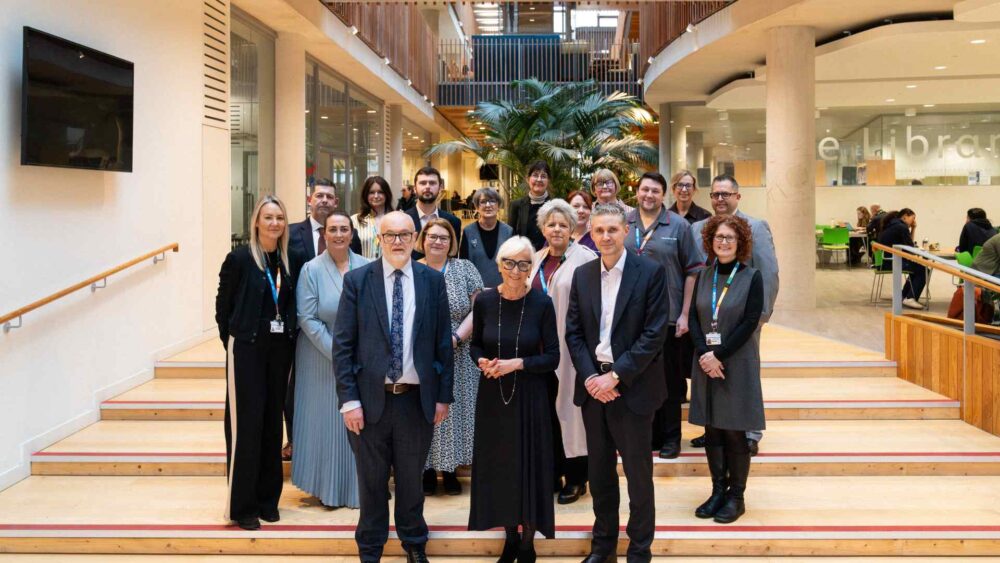
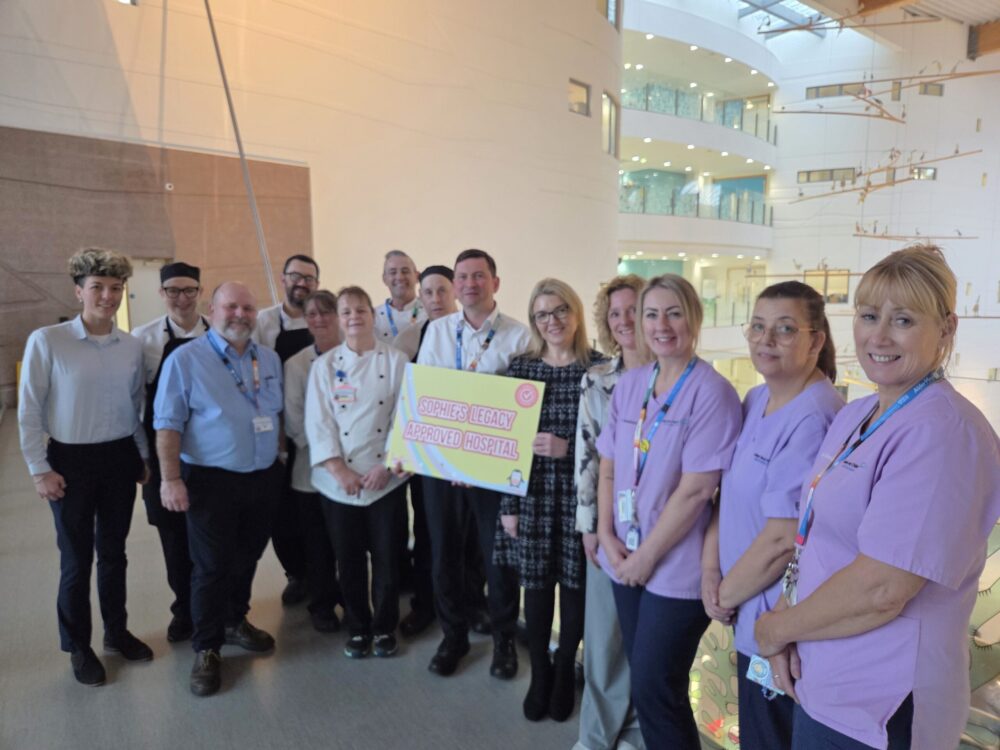
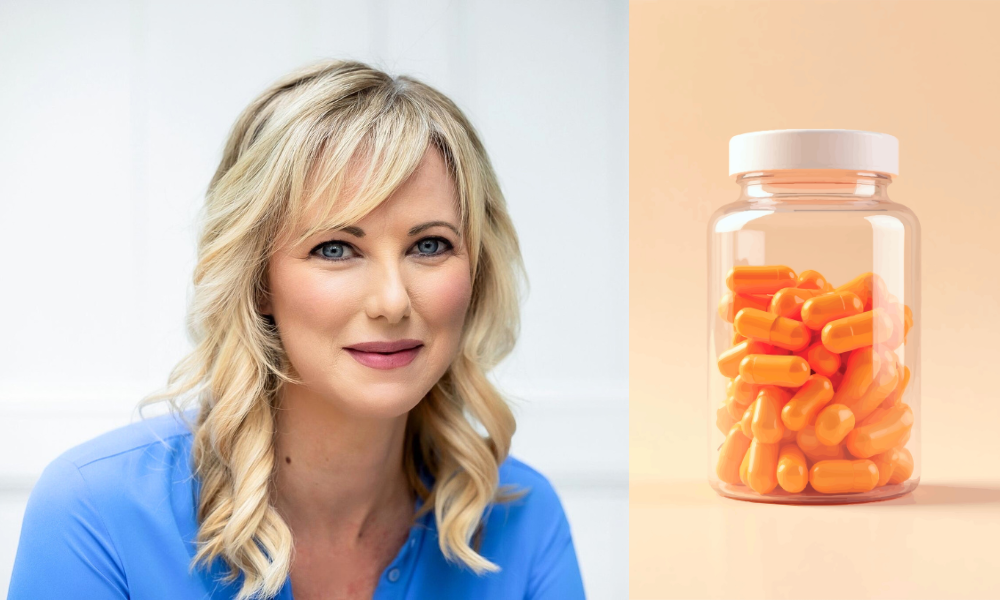
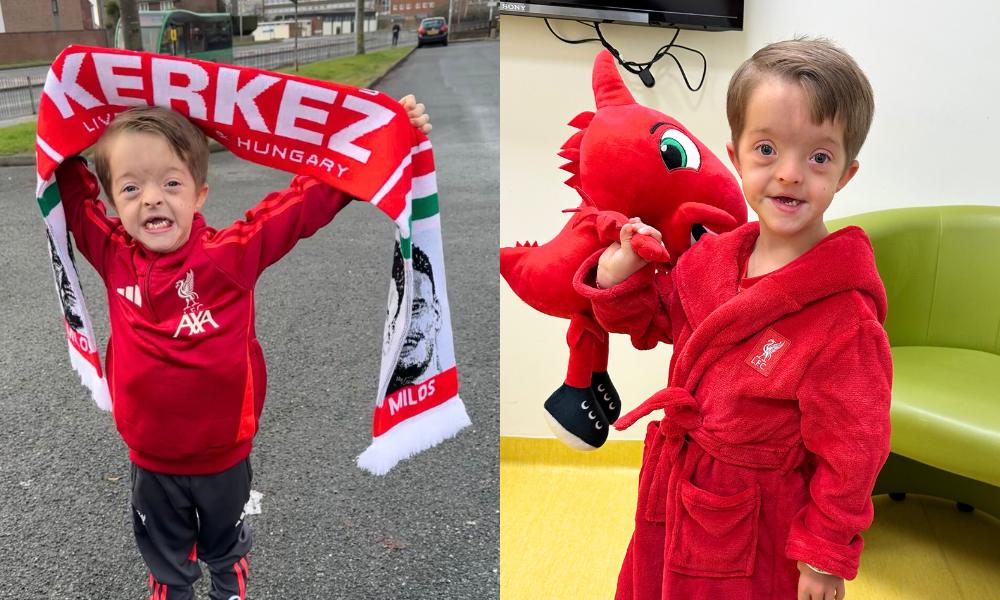
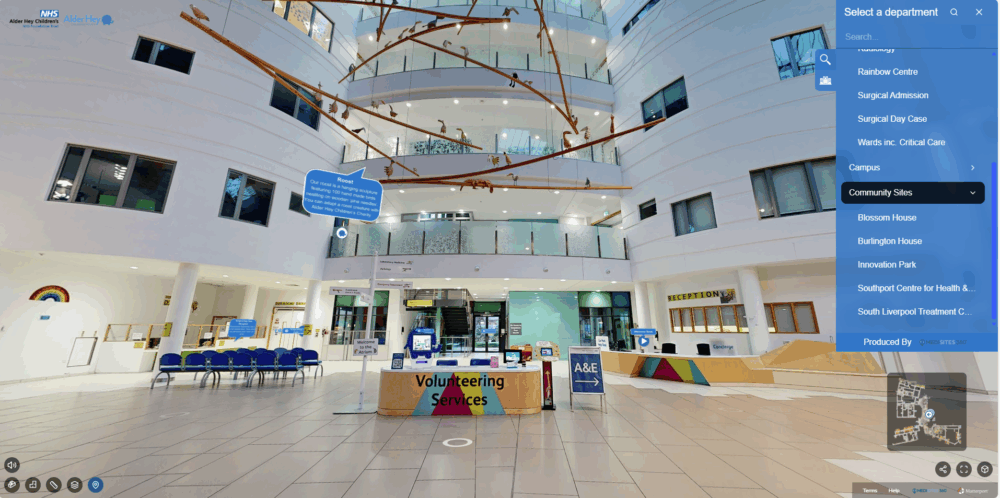
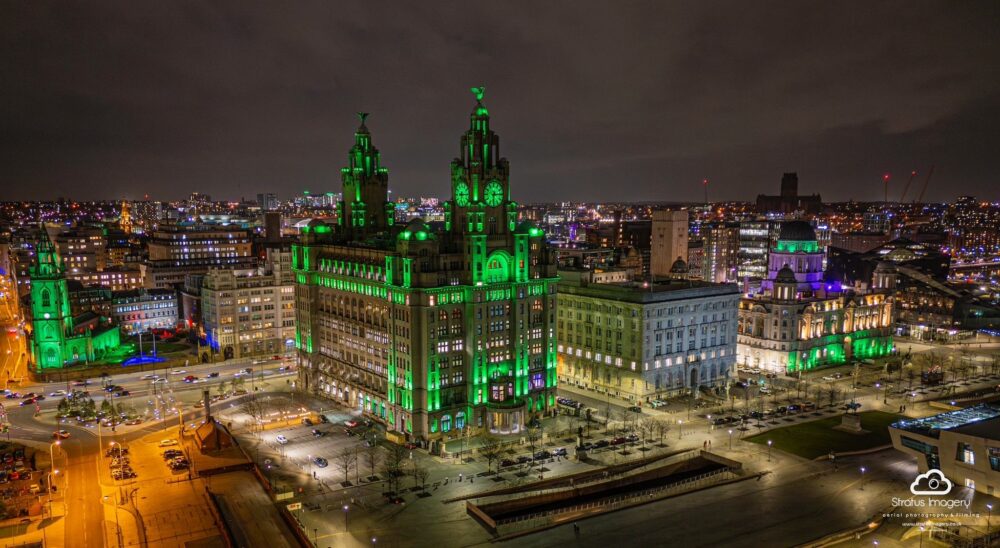
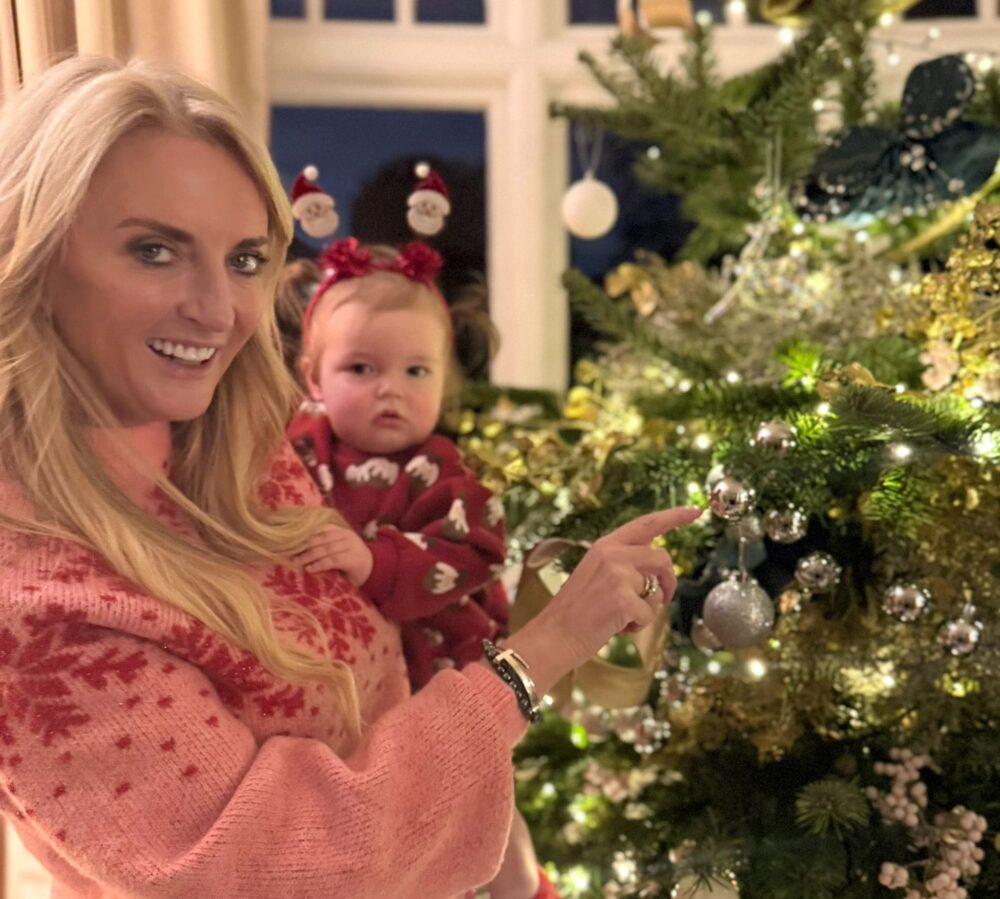
 Subscribe
Subscribe Follow Us
Follow Us Follow Us
Follow Us Follow Us
Follow Us Follow Us
Follow Us











